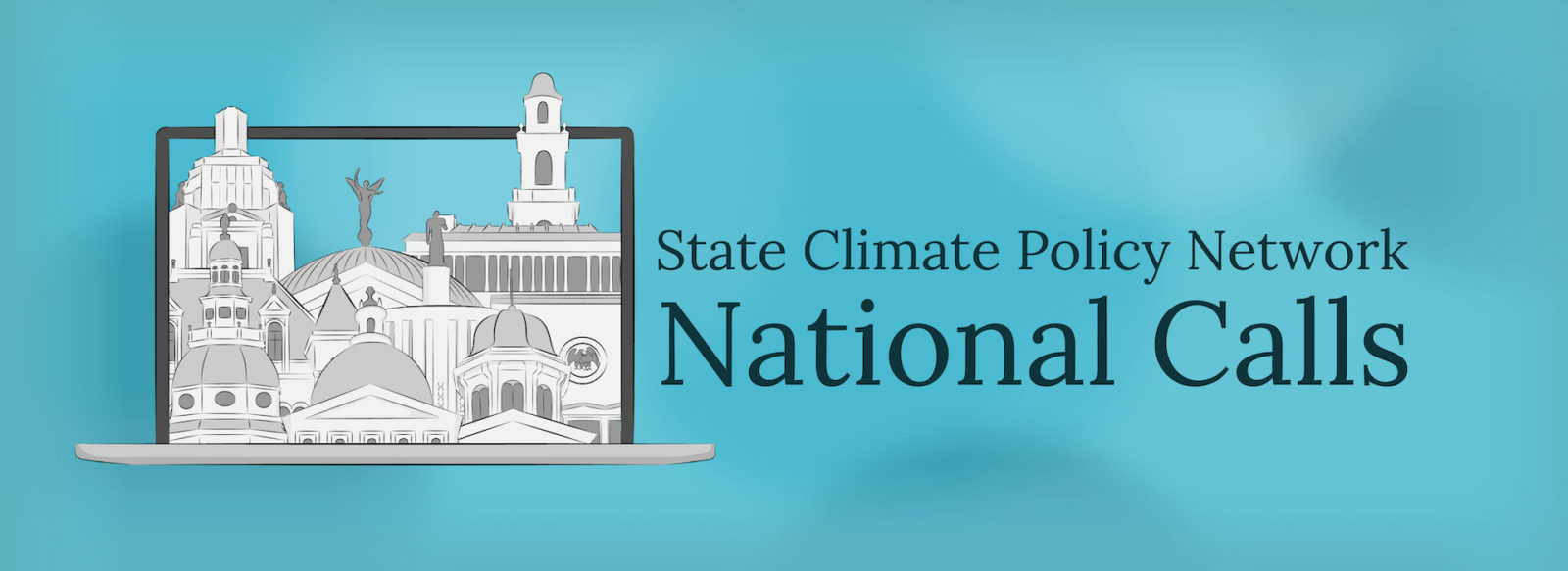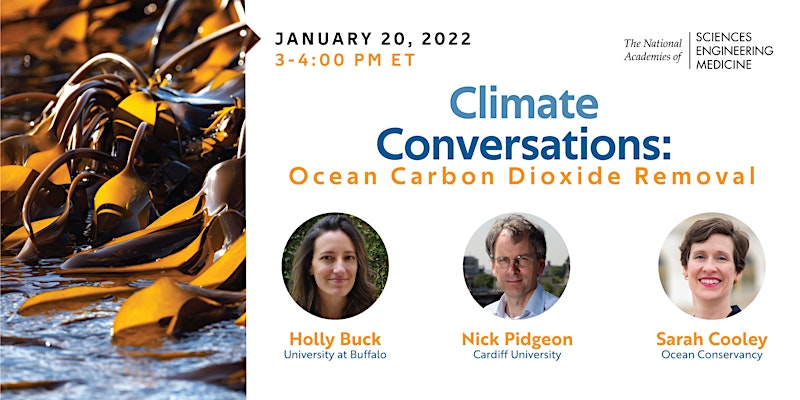Climate Policy Network National Call

Want to learn about how climate policy campaigns are developing in states across the country – from Vermont to Nebraska to Montana to Hawaii? Have exciting climate policy developments to share with a network of like-minded individuals?
Join us for our monthly State Climate Policy Network national call! This one-hour, once-a-month call is the perfect opportunity to learn about the different legislation and movements going on in states across the US. Legislators, advocates, and experts will join us and inform the network of what is going on in their state as it relates to climate policy, and what you might be able to do to help.
For those of you joining us for the first time, the SCPN call is also an opportunity to simply listen to other states’ updates and challenges. We typically have campaign leaders and policymakers in 15-20 states calling in and providing updates, and dozens of people listening and asking questions on the line. The call is a great information-sharing and networking opportunity. Feel free to contact Kristen Soares, our SCPN Manager, at kristen@climate-xchange.org with any questions, or if you are interested in speaking on an upcoming call.
Climate Conversations: Ocean Carbon Dioxide Removal

- Holly Buck is an assistant professor of Environment and Sustainability at the University at Buffalo and a contributing author to an IPCC chapter on cross-sectoral governance, including carbon dioxide removal governance. Her research involves the social and environmental dimensions of emerging technologies to remove carbon from the atmosphere, and she served on the report committee for A Research Strategy for Ocean-based Carbon Dioxide Removal and Sequestration.
- Nick Pidgeon is a professor of Environmental Psychology and Risk and the Director of the Understanding Risk Research Group at Cardiff University. His work focuses on public engagement with risk and technology, climate change risks, and emerging technologies including greenhouse gas removal, and he has led numerous projects on public responses to environmental and technological risk and on ‘science in society’ for UK Government Departments, the UK Research Councils, the Royal Society, The US National Science Foundation, and charities. He is currently Co-Investigator of the Leverhulme Centre for Climate Mitigation, a major 10-year interdisciplinary effort to understand the carbon removal potential, localized benefits and risks, public risk perceptions, and the social and ethical implications of using enhanced rock weathering technologies in agricultural production settings for greenhouse gas removal.
- Sarah Cooley is the Director of Climate Science at Ocean Conservancy and currently a Coordinating Lead Author on Working Group II of the IPCC’s 6th Assessment report. Using science synthesis and strategic communications, she educates and engages decision-makers and stakeholders on climate science and ocean acidification to identify ways that different groups can take action.
Democratizing the Grid: New Citizen Initiatives Challenge Monopoly Electric Utilities
Many Americans have grown concerned about the monopoly power that Big Tech corporations wield. But few people realize that the problem of concentrated private power also infects the electricity sector. In most regions, electricity is controlled by a single investor-owned utility with a government-granted monopoly. Across the country, powerful utilities are actively blocking decentralized solar energy, degrading the reliability of the power lines even as they raise prices, and failing to make the grid investments needed for a clean, carbon-free future.
Join the Institute for Local Self-Reliance for an inspiring conversation with advocates who are taking on electric utility monopolies with the aim of accelerating the shift to clean energy and winning democratic community control.
What More Gulf of Mexico Oil and Gas Leasing Means for Achieving U.S. Climate Targets
- Dr. Beverly L. Wright, Executive Director, Deep South Center for Environmental Justice Co-Chair, National Black Environmental Justice Network Member, White House Environmental Justice Advisory Council New Orleans, LA
- Max Sarinsky, Senior Attorney, Institute for Policy Integrity, New York University School of Law
- Dr. Kristina Dahl, Senior Climate Scientist, Climate & Energy Program, Union of Concerned Scientists
- Lucian (Lou) Pugliaresi (Republican Witness), President, Energy Policy Research Foundation, Inc. Washington, DC
Cleaning Up Cryptocurrency: The Energy Impacts of Blockchains
- Ari Juels, Weill Family Foundation and Joan and Sanford I. Weill Professor, Jacobs Technion-Cornell Institute, Cornell Tech
- John Belizaire, Chief Executive Officer, Soluna Computing, Inc.
- Brian Brooks, Chief Executive Officer, BitFury
- Steve Wright, Former Chief Executive Officer, Chelan County Public Utility District and Bonneville Power Administration
- Gregory Zerzan, Shareholder, Jordan Ramis P.C.
To Review the State of the Rural Economy with Agriculture Secretary Tom Vilsack
- Secretary of Agriculture Tom Vilsack
FEMA: Building a Workforce Prepared and Ready to Respond
- Chris Currie, Director, Homeland Security and Justice Team, U.S. Government Accountability Office (GAO)
- Carra Sims, Senior Behavioral and Social Scientist, The RAND Corporation
- Craig Fugate, Senior Advisor, Blue Dot Strategies and Former Administrator, Federal Emergency Management Agency
Virtual Open Meeting
Commission meeting held in Commission Meeting Room (Room 2C) at FERC Headquarters, 888 First St. N.E., Washington, D.C. 20426
Agenda:- Authorization of the Massachusetts Weymouth natural gas compressor station
- PJM Interconnection’s market seller offer cap
Securing our Energy Infrastructure: Legislation to Enhance Pipeline Reliability
The hearing on the Energy Product Reliability Act, initially scheduled for December 7, 2021, was previously postponed. The legislation would require the implementation of standards for securing fossil-fuel pipelines from cyberattacks.
Legislation:- H.R. 6084, the “Energy Product Reliability Act”
Markup of Well Remediation, Nuclear Research, and Other Legislation
- H.R. 4521, the “Bioeconomy Research and Development Act of 2021”
- H.R. 847, the “Promoting Digital Privacy Technologies Act”
- H.R. 4270, the “Abandoned Well Remediation Research and Development Act”
- H.R. 4819, the “National Nuclear University Research Infrastructure Reinvestment Act of 2021”
- H.R. 6291, the “Microelectronics Research for Energy Innovation Act” or “Micro Act”